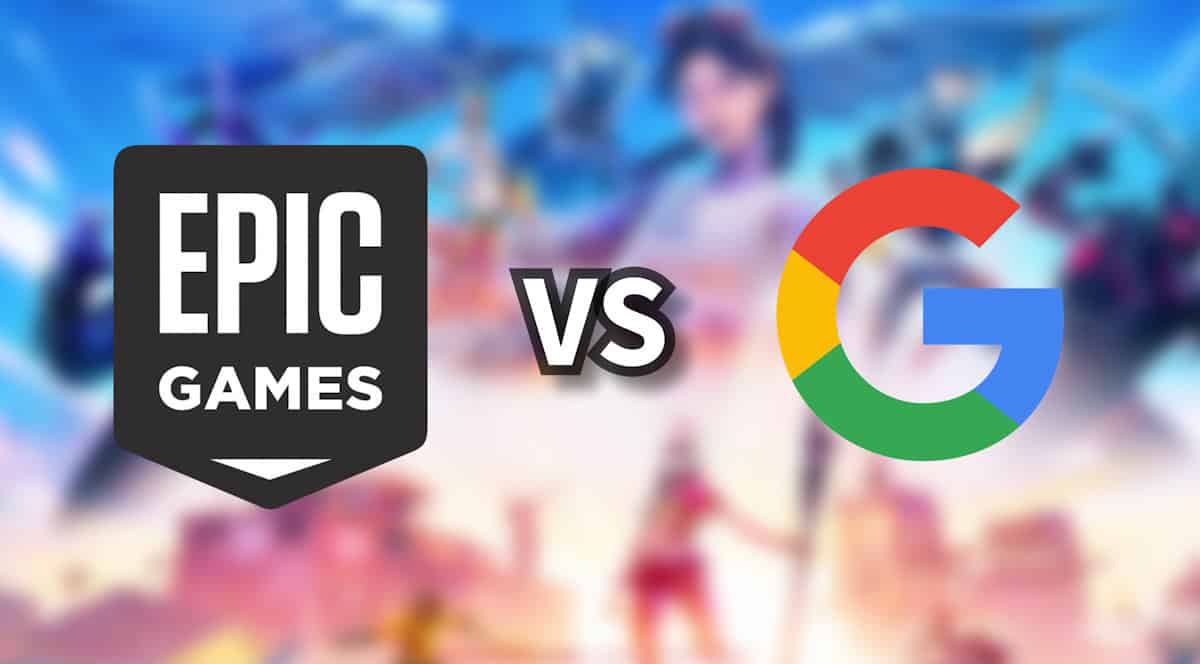Epic Games v Google lawsuit filed over Fortnite delisting
4 min. read
Updated on
Read our disclosure page to find out how can you help MSPoweruser sustain the editorial team Read more

Epic Games has filed a lawsuit against Google after their popular battle royale game Fortnite was removed from the Google Play Store.
Epic introduced an update to the battle royale game that added an additional payment option that would pay Epic Games directly for microtransactions instead of going through the Google Play Store or Apple App Store. The game was delisted by Apple with Google shortly following suit.
Following Fortnite’s removal from the Google Play Store, Epic released a lawsuit that claims Google is “using its size to do evil upon competitors, innovators, customers and users in a slew of markets it has grown to monopolize.”
Epic Games states that Google’s promise of Android being an open ecosystem isn’t accurate, claiming that “Google has deliberately and systematically closed the Android ecosystem to competitions, breaking the promises it made.”
The lawsuit claims that Google should be brought “under Sections 1 and 2 of the Sherman Act and under California law to end Google’s monopolization and anti-competitive restraints in two separate markets: 1) the market fit the distribution of mobile apps to Android users and 2) the market for processing payments for digital content within Android mobile apps.”
Epic explains that Google “has eliminated competition in the distribution of Android apps using myriad contractual and technical barriers. Google’s options force app developers and consumers into Google’s own monopolized “app store” – the Google Play Store.”
“Google has thus installed itself as an unavoidable middle man for app developers who wish to reach Android users and vice versa. Google uses this monopoly power to impose a tax that siphons monopoly profits for itself every time an app developer transacts with a consumer for the sale of an app or in-app digital content.”
“If not for Google’s anticompetitive behaviour, the Android ecosystem could live up to Google’s promise of open competition, providing Android and developers with competing app stores that offer more innovation, significantly lower prices and a choice of payment options.”
Epic Games likens the opening of the Android ecosystem to the actions of Windows where a lawsuit caused Microsoft “to open up the Windows for PC ecosystem” giving “PC users… Multiple options for downloading software unto their computers, either directly from its developers’ websites or from several competing stores”.
Epic explains that while they have had a proprietary Fortnite application on Android – which is still available – “Google then interferes with OEM’s ability to make third-party app stores or apps available on the devices they make.”
Epic Games specifically notes its business experience with OnePlus where they struck a deal to make Fortnite available on OnePlus devices before the game joined the Google Play Store. However, being a third party application, the Epic Games app gave Google “‘particular concern’ about Epic having the ability to install and update mobile games while ‘bypassing the Google Play Store'”. The developer’s relationship with LG went in a similar direction.
The lawsuit also cites installation warnings of external applications from the Google Play Store as anticompetitive.
“Google stifles or blocks consumers’ ability to download app stores and apps directly from developers’ websites. As anyone who has tried to download directly on an Android device knows, it is significantly different than the simple process available on a personal computer: directly downloading Fortnite on an Android device can involve a dozen steps,” the lawsuit reads.
Epic states that the multiple “dire warnings” that off-market applications receive during installation and the blocking of “automatic updating of apps in the background” is purposefully designed to “eliminate consumer choice and competition in mobile app distribution.”
While Epic Games is taking on Google over its Android restrictions, the company appears to be more focused on Apple. At the time of writing, only the Epic v Apple lawsuit has been posted on their Fortnite social media amount and their propaganda short film Nineteen Eighty-Fortnite directly parodies Apple’s 1984 original Macintosh advertisements.








User forum
0 messages